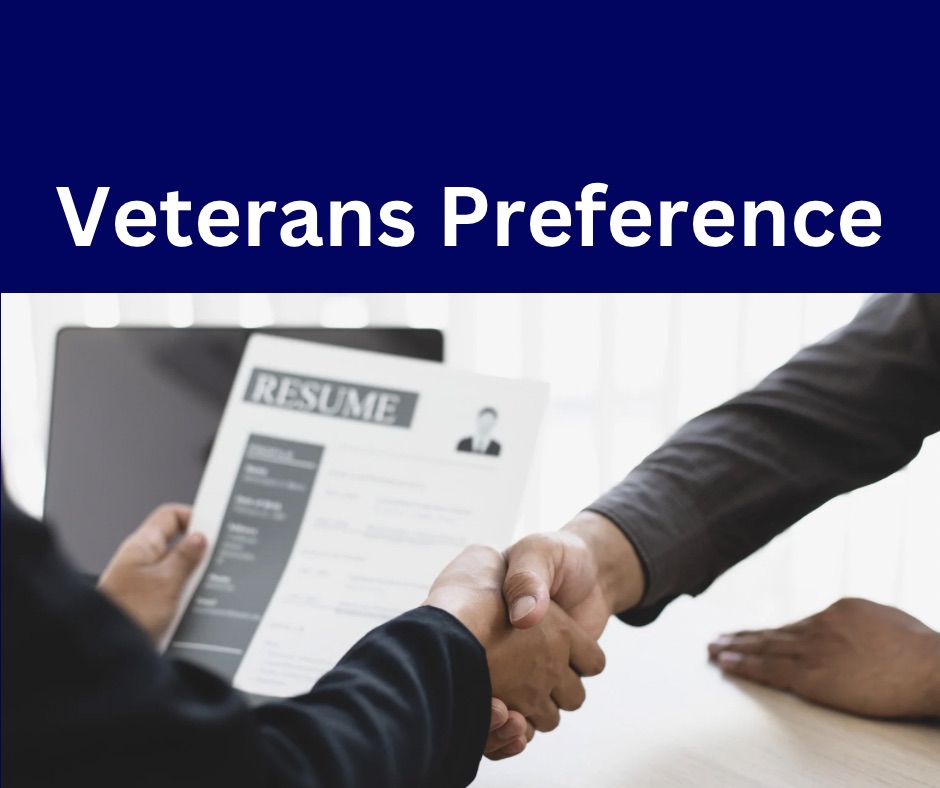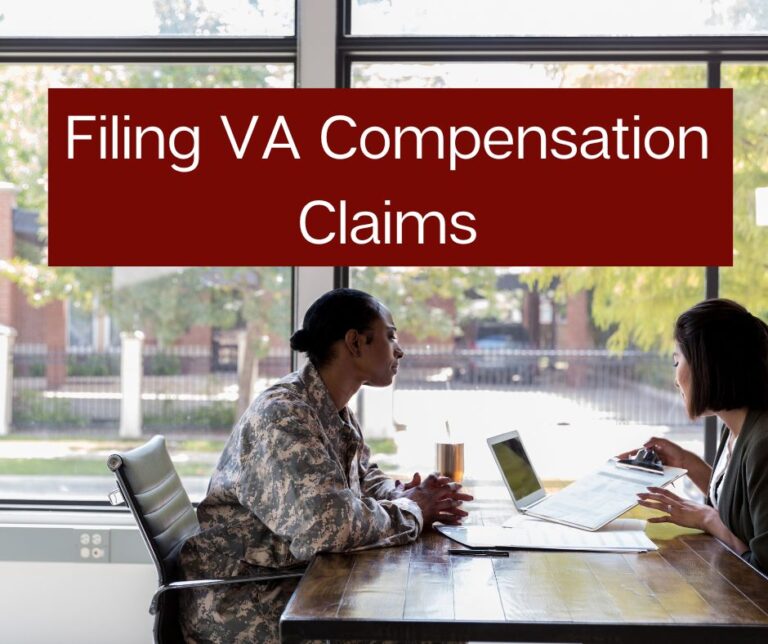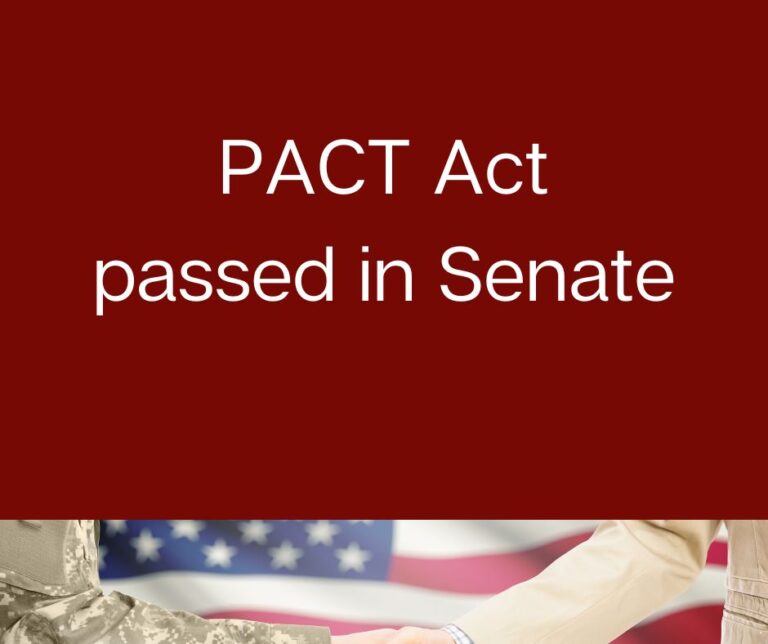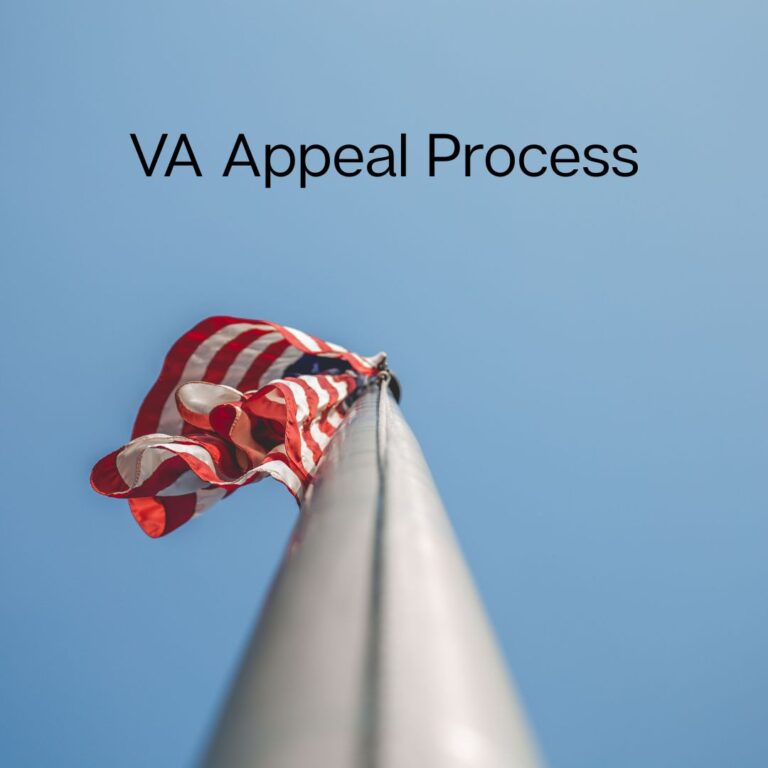Beyond Service: How Veterans Preference Can Shape Your Career Path
In the United States, a protected class refers to a group of people who are legally safeguarded from discrimination and harassment based on certain characteristics, such as race, color, religion, national origin, age, sex, disability, and in some jurisdictions, sexual orientation and gender identity.
Veterans are not explicitly listed as a protected class under federal anti-discrimination laws. However, they are protected against employment discrimination under the Uniformed Services Employment and Reemployment Rights Act (USERRA), which prohibits discrimination against employees and applicants based on their military service or obligation. Some states may also have additional protections for veterans.
USERRA
USERRA, the Uniformed Services Employment and Reemployment Rights Act, protects the employment rights of individuals who serve or have served in the uniformed services, including veterans. It ensures that veterans can return to their civilian employment after completing their military service without facing discrimination or retaliation. USERRA guarantees reemployment rights, protects against discrimination based on military service, ensures access to certain benefits and protections, and provides a mechanism for resolving disputes related to employment rights for veterans. Overall, USERRA helps veterans transition back to civilian employment smoothly and safeguards their rights in the workplace.
Veterans Preference
Veterans Preference is a policy that gives qualified veterans preference in hiring for federal government jobs. It provides an advantage in the selection process by granting additional points or priority to veterans and certain eligible family members when applying for federal civil service positions. This policy is used to honor and recognize the sacrifices and service of veterans, ensuring they have opportunities for employment and career advancement within the federal government.
Veterans Preference policies are not only implemented at the federal level but also in many states across the United States. These state-level policies provide similar advantages to veterans in hiring for state government positions and sometimes extend to employment in local government agencies as well. Each state may have its own specific regulations and criteria regarding Veterans Preference, but the overarching goal is to prioritize veterans in the hiring process as a recognition of their service to the country.
Nearly all states in the United States have some form of Veterans Preference policy in place for state government employment. However, the specific details and extent of these policies can vary from state to state. Some states may offer additional benefits or preferences beyond what is required by federal law. For the most accurate and up-to-date information on Veterans Preference policies in specific states, it would be best to consult the official websites of each state’s government or relevant agencies responsible for veterans affairs.
We hope this provides some good information for Veterans. Most job applications have a space to mark or choose if you are a Veteran or not. Many also ask if you are considered a “protected veteran”. There are certain requirements to claim protected veterans status, and those requirements are usually spelled out on the page. In any case, it’s always a good idea if you claim Veteran status to upload a copy of your DD214 along with the application (if possible).
As always, if you have any comments or questions please feel free to leave comments below or email us at info@nwavet.org.






